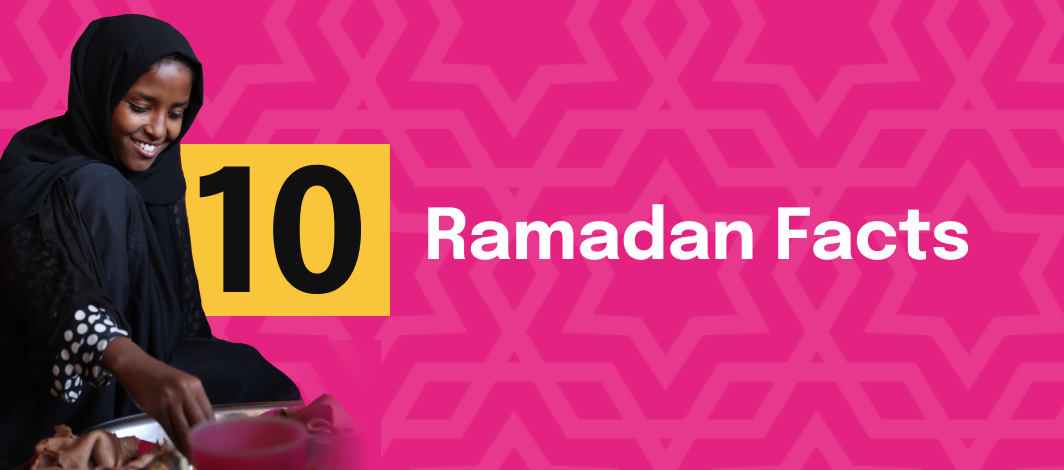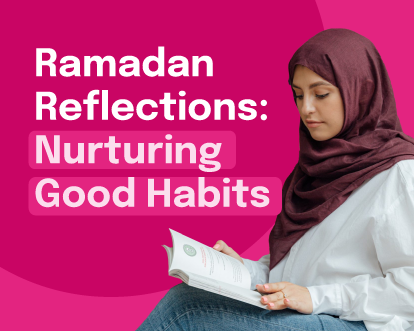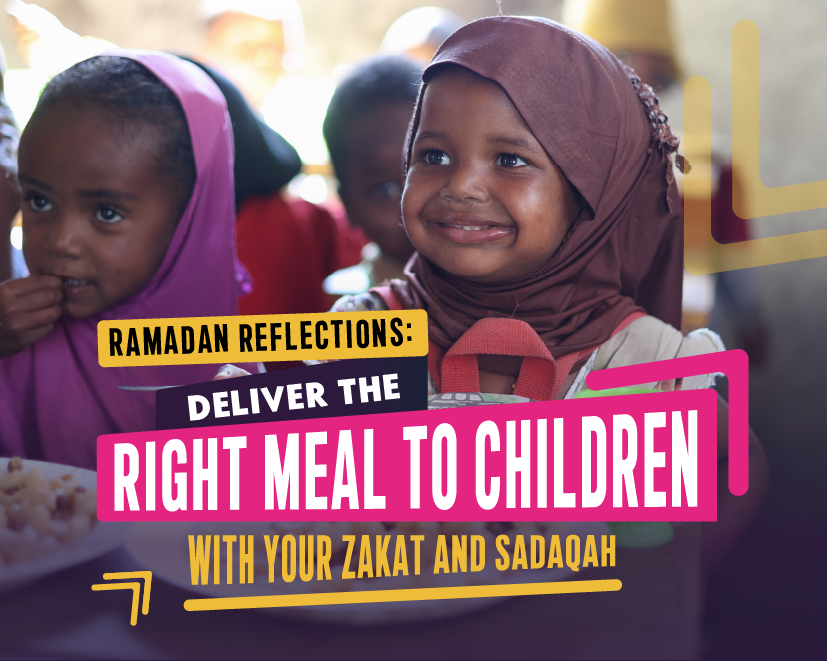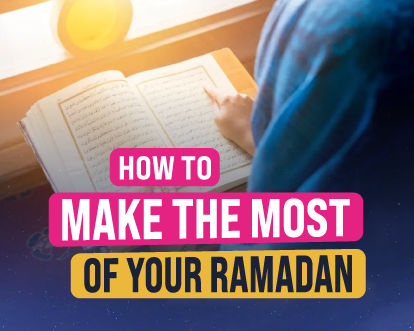Alhamdulillah Ramadan has come again – but how much do you really know about Ramadan?
To help keep us strong and connected to Allah (SWT) during the month, here are 10 facts about Ramadan you need to know. Whether you’re a Ramadan expert or a newbie trying to find out more, here are 10 key things to know.
1. ‘Ramadan’ Comes from the Word for ‘Heat’
Words don’t come from nowhere. They’re not usually plucked from thin air, and often tend to have interesting origins.
The word ‘Ramadan’ actually comes from the Arabic ar-ramad which translates to ‘heat.’ But not just any heat. According to Imam Ar-Raghib, it means “intensely or vehemently heated by the sun.”
But what has heat got to do with Ramadan? There are actually a couple of reasons.
Firstly, when they changed the names of the months, Ramadan came during a particularly hot time of year.
Secondly (and perhaps more importantly), the heat refers to the sheep who were “burned” under the intense heat of the sun while grazing. In a similar way, during Ramadan Allah (SWT) burns the sins of the believers, leaving us cleansed of sin.
2. Rewards from Charity Are Greater During Ramadan
As Muslims around the world pray and worship Allah (SWT), recite the Quran and commit good deeds, they are rewarded for such acts. But these rewards are multiplied throughout the month of Ramadan.
It’s an important time for Muslims as it is the month in which Allah (SWT) revealed the Quran to Muhammad (PBUH). As it is such a holy month, any good deed or act of worship results in many more rewards and sins completely forgiven.
Rewards are multiplied even more during the final 10 nights. We don’t know precisely on which day the Quran was revealed to Muhammad (PBUH), but it occurred during the final 10 nights. As such, these final 10 nights, and specifically, Laylatul Qadr, are the most blessed with the most rewards.
3. Ramadan’s Dates Change Every Year
The Gregorian calendar is the one we’re most used to – but the Gregorian calendar is a solar calendar based on the sun. The Islamic calendar is lunar and based on the moon. Because of that, Ramadan changes its dates every year.
Ramadan falls on the 9th month of the Islamic calendar and only starts when a new moon is sighted.
4. You Abstain from More than Just Food and Drink
Ramadan is well-known for the obligatory abstaining from food and drink between sunrise and sunset. But it’s not just food and drink Muslims give up.
Throughout the month of Ramadan, to truly strengthen the connection to Allah (SWT), Muslims also avoid any sinful acts. This can include swearing or lying, as well as gossiping, smoking and sexual relations during the daytime. This is to strengthen their resolve and commit the soul completely to Allah.
5. Dates Are the Go-To Ramadan Food
Fasting from dawn till dusk can be a real challenge. When abstaining from food or drink for so long, you run the risk of low blood sugar, headaches, lethargy… That’s why you need to eat sensibly during your suhoor and iftar in the morning and evening to fully prepare your body.
That’s where dates come in.
The Prophet Muhammad (PBUH) used dates to break his fast and he had the right idea! Dates have a range of brilliant health benefits to get your body ready for the fast ahead of you. High in natural sugars, fibre, potassium, magnesium and a range of vitamins, dates are great for your digestion and ideal to break your fast – which explains why they’re so popular in Ramadan.
6. Not Every Muslim Fasts During Ramadan
Although Sawm (fasting) is the fourth Pillar of Islam and something expected of Muslims around the world, some people are exempt from having to fast.
These can include the ill or elderly, women who are pregnant or breastfeeding, young children or those who are travelling.
If you’re not in this list and have to miss a fast for whatever reason, you’re expected to make it up at another time or pay Fidya, a charitable donation the equivalent of approximately £5 with Charity Right. But if you intentionally miss your fast, you have to pay Kafarah, a charitable donation that is enough to feed 60 people – roughly £300.
7. Ramadan Has Been Observed for nearly 1,500 Years
Muslims have been observing the fast for Ramadan for over a thousand years. In fact, this will be the 1,398th anniversary of the very first Ramadan.
The roots of Ramadan date back all the way to 624 BCE where it was observed in the city of Medina. 1,398 years later, Muslims around the world are still observing and celebrating Ramadan.
8. Life Goes On As Normal for Some
Although abstaining from food and drink is quite a challenge, Muslims are still expected to go about their daily business. Fasting’s no excuse not to turn up to work or school. It can be slightly
different in some other countries though. In some parts of the world, businesses close earlier than usual during Ramadan.
9. Ramadan Ends with Charity, Presents and a Feast
By the time Ramadan ends, Muslims pay an obligatory donation of Zakat al-Fitr (also known as Fitrana). Fitrana is the equivalent of four madds, the amount of food you can scoop up with both hands – roughly £5.
But that’s not all. As Ramadan ends and we move into the 10th month of the Islamic calendar, Shawwal, Muslims celebrate by exchanging gifts and having a big feast as celebration – the Festival of Breaking Fast, or Eid al-Fitr.
10. A Couple of Ramadan Greetings
‘Happy Ramadan’ is a bit simple. If you really want to get into the spirit of Ramadan and greet people properly, here are a few Ramadan greetings.
You could say ‘Ramadan Kareem!’ (Have a generous Ramadan!) or maybe ‘Ramadan Mubarak!’ (Happy Ramadan!). But make sure you know when Ramadan ends. On the last day it changes to ‘Eid Mubarak!








